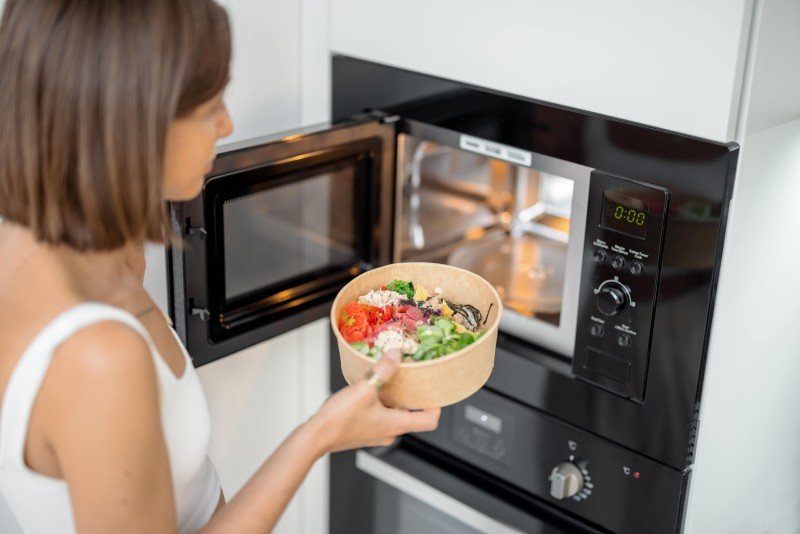Understanding Cooker Hobs and Ovens: A Comprehensive Guide
In modern-day cooking areas, cooker hobs and ovens are basic devices that define cooking practices and choices. Picking the best mix of these devices can significantly enhance culinary experience, improve efficiency, and even elevate home looks. This short article will check out various elements of cooker hobs and ovens, clarifying types, features, advantages, and upkeep ideas, while also addressing typical questions.
Types of Cooker Hobs
Cooker hobs come in various types, each with special features accommodating different cooking styles. Here's an introduction of the most common types:
| Type | Description | Pros | Cons |
|---|---|---|---|
| Gas Hob | Utilizes burner for heating; deals instant temperature control. | Instantaneous heat and excellent control. | Needs a gas connection; might be less safe. |
| Electric Hob | Operates utilizing electric coils or smooth surface area; warms up gradually. | Even heat distribution; easy to tidy. | Takes longer to warm up; less control. |
| Induction Hob | Utilizes magnetic fields to heat pots straight, making it energy effective. | Fast cooking; energy-efficient. | Needs suitable cookware; more pricey. |
| Halogen Hob | Employs halogen bulbs for immediate heat; offers instantaneous temperature modification. | Very quick heating; visible heat. | Consumes more power; may not uniformly heat. |
Selecting the Right Hob
When choosing a hob, think about the following elements:
- Cooking Style: Do you prefer the precision of gas, the convenience of electric, or the effectiveness of induction?
- Cookware Compatibility: Ensure your pots and pans work with the kind of hob.
- Kitchen Layout: Space and design frequently dictate the type of hob that suits your kitchen.
Types of Ovens
Also, ovens have actually evolved considerably, using various cooking methods that can match specific cooking designs. Here are the widespread types of ovens:
| Type | Description | Pros | Cons |
|---|---|---|---|
| Conventional Oven | Traditional baking oven that utilizes electric or gas heat from the top and bottom. | Versatile; helpful for baking. | Longer preheat and cooking times. |
| Convection Oven | Utilizes a fan to distribute hot air, permitting even cooking and much faster baking times. Disperses heat uniformly. | Faster cooking; even browning. | Slightly more expensive; might dry food out. |
| Steam Oven | Cooks food using steam, preserving nutrients and wetness. | Healthier cooking; maintains food taste. | Takes longer to cook; more expensive. |
| Microwave Oven | Uses electromagnetic radiation to heat food rapidly. | Instantaneous cooking; suitable for reheating. | Limited cooking techniques; may impact texture. |
Selecting the Perfect Oven
When picking an oven, keep these consider mind:
- Cooking Habits: Are you a frequent baker or most likely to reheat leftovers?
- Area Requirements: What are the dimensions of your kitchen?
- Budget plan: Consider not simply the purchase rate but likewise energy performance gradually.
The Importance of Cooker Hobs and Ovens in Cooking
The best mix of cooker hob and oven can enhance culinary abilities, allowing food enthusiasts to experiment and produce a wide variety of dishes. Here are a couple of reasons these home appliances are important:
- Efficiency: Modern hobs and ovens included functions that optimize cooking energy and times use.
- Versatility: Different cooking techniques (bake, grill, roast, steam, etc) broaden the series of dishes one can prepare.
- Visual Appeal: Stylish styles can elevate the general appearance of a kitchen, making it both functional and welcoming.
Frequently Asked Questions (FAQs)
1. What maintenance do cooker hobs and ovens require?
- Regular cleaning after use to avoid accumulation.
- Regular look for gas leakages (for gas hobs).
- Making sure the electrical connections are safe and secure.
2. Can I utilize any pots and pans on an induction hob?
No, induction hobs require ferrous pots and pans (i.e., magnetic) to function. Sales Ovens suggests stainless-steel and cast iron work, while glass and aluminum pots might not.
3. How do I determine the best size oven for my kitchen?
Procedure your available space and think about the volume of cooking you typically perform. Standard ovens vary in size, and bigger designs usually have additional functions.
4. Are convection ovens better than traditional ovens?
It depends upon personal choice. Convection ovens provide faster and more even cooking but might not be ideal for all baking recipes, especially those needing specific temperatures.
5. What is the typical lifespan of a cooking hob and oven?
With appropriate care, both hobs and ovens can last anywhere from 10 to 20 years, depending on frequency of use and upkeep.
Picking the ideal cooker hob and oven not only improves the cooking procedure however can likewise redefine one's cooking experience. Understanding Sales Ovens , their benefits, and maintenance will empower consumers to make informed choices, making sure that their kitchen is geared up to handle meals from the simplest to the most elaborate. Understanding about the capabilities of these important home appliances enables cooking imagination and effectiveness, ultimately resulting in a more pleasurable cooking journey.

